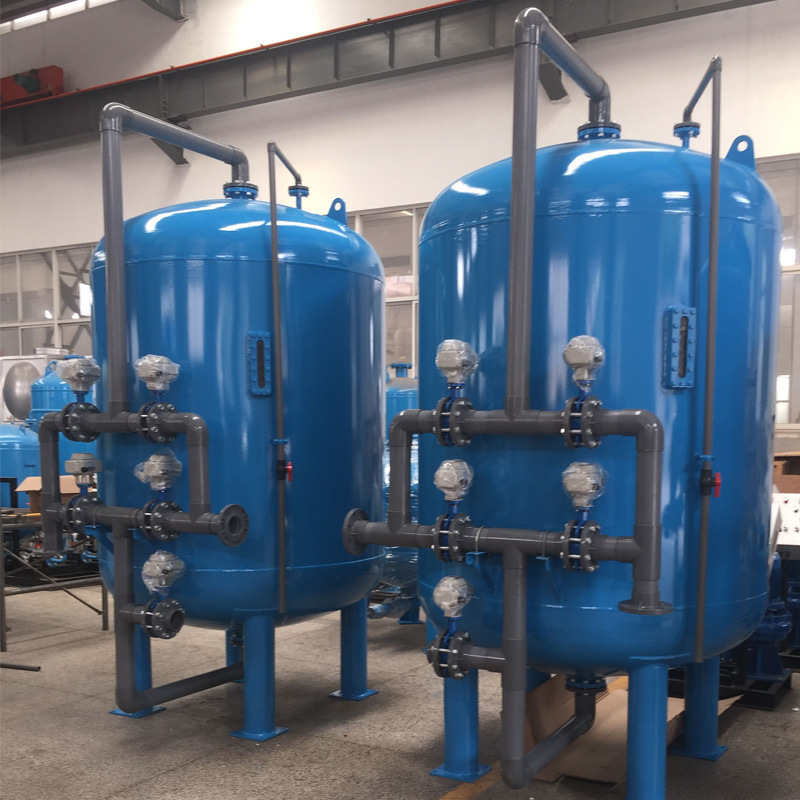Sand filters are a crucial component in maintaining clean and clear water in various applications such as swimming pools to industrial processes. Their simplicity and effectiveness are the main reasons they are a preferred option for water filtration, but knowing how they operate and their advantages can aid to make the most of this vital instrument.
How Sand Filters Work
At the heart of the sand filter (فیلتر شنی) is its the filtration medium: sand. The filter consists of the container, which is which is filled with sand through which water passes. As water moves through this sand bed, contaminants such as dirt debris, and other particles are trapped within the sand. Sand layer efficiently removes impurities through both physical and biological processes.
Types of Sand Filters
There are various kinds of Sand filters, each of which is suitable for different uses:
Sand Filters for Pools Sand Filters: These are specifically designed to keep swimming pool water clear. They use a layer of specially graded sand that is designed to trap particles and debris. The filters in the pool are famous for their low maintenance and high efficiency.
Pressure Sand Filters: Often used in industrial contexts, these filters function under pressure to increase the flow rate and efficiency of filtration. They are perfect for large-scale treatment of water.
Slow Sand Filters: Common in municipal water treatment facilities, slow sand filters use a slower filtration rate to allow biological processes to assist in the removal of contaminants. They’re extremely efficient however they require frequent maintenance and cleaning.
Rapid Sand Filters: These filters utilize a higher flow rate and come with backwashing capability to eliminate obstructions. They are commonly utilized at large scale water treatment establishments.
Benefits of Sand Filters
Cost-effective: Sand filters are generally less expensive than other filtration methods and have lower operating cost. Their simplicity also means fewer mechanical components that break down.
Low Maintenance: Regular maintenance generally involves backwashing in order to eliminate the accumulation of debris. The process is easy and doesn’t require any special equipment.
Durability Sand filters are designed to last and can handle the weight of water without causing significant wear and wear and tear. This makes them a safe choice for both residential and commercial applications.
Affordable Filtration offer effective filtration for a range of particle sizes, providing pure water output.
Maintenance Tips
To ensure that the sand filter functioning optimally, it’s essential to periodically wash the filter back to get rid of trapped particles and prevent clogging. In addition making sure to replenish and check the sand regularly is essential to maintain efficient filtration.
In short, sand filter are a practical, efficient, and cost-effective solution for water filtration. Knowing the various types of sand filters and their unique uses can aid you in choosing the ideal sand filter for your needs and ensure that it will function effectively for years to come.



